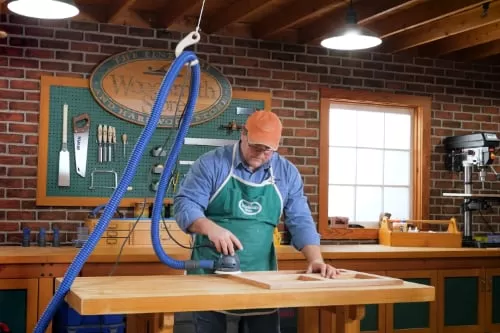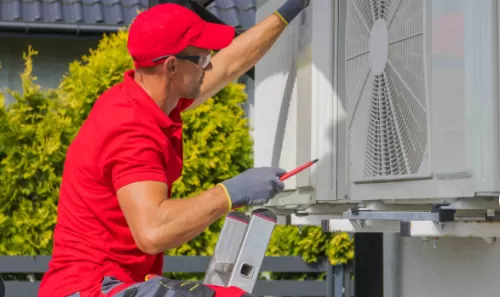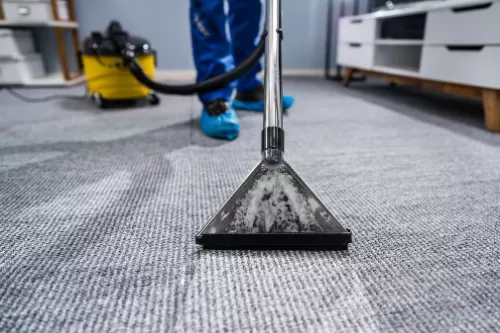5 Essential Dust Collection Systems Every Manufacturer Needs in 2025
Maintaining air quality in manufacturing facilities is more important than ever. With stricter OSHA regulations and rising concerns over combustible dust, having a reliable dust collection system is essential. Factories handling materials like flour, grain, metal, and wood must invest in proper dust collector service to ensure workplace safety and compliance. This guide covers the top dust collection systems manufacturers need in 2025, from small powder dust collector units to large factory dust collector setups.
Related searches

Why Dust Collection Matters
Poor dust control can lead to serious health risks, fire hazards, and costly OSHA fines. Flour dust collection systems and grain dust collection systems are critical in food production, preventing cross-contamination and improving air quality. In industries like woodworking and metal fabrication, workshop dust filtration systems help maintain clean operations and extend equipment lifespan.
Types of Dust Collection Systems
Cyclone Dust Collectors
Ideal for heavy-duty applications like woodworking and metal shops, cyclone dust collectors use centrifugal force to separate large dust particles before filtration. This reduces filter maintenance and improves efficiency.
Cartridge Dust Collectors
These are perfect for flour dust collection systems in food processing facilities. Cartridge filters capture fine dust particles and are easy to clean, making them a preferred choice for maintaining hygiene.
Centralized Factory Dust Collectors
Designed for large industrial operations, factory dust collectors use pulse-jet technology to clean filters automatically. They provide continuous operation and are best for high-volume dust collection needs.
Choosing the Right System
Selecting the best dust collector service depends on your industry, facility size, and dust type. Food manufacturers should prioritize grain dust collection systems with explosion-proof features, while metal and woodworking shops may benefit more from powder dust collector setups.
Maintenance & Compliance
Regular maintenance ensures efficiency and compliance with OSHA standards. Key practices include:
Monitoring airflow to prevent blockages.
Replacing filters before they become clogged.
Inspecting ductwork to remove dust buildup.
Keeping records to prove compliance during inspections.
New smart technologies now allow workshop dust filtration systems to self-monitor and alert operators to maintenance needs.
Innovations in Dust Collection
Advancements in dust collector service are making systems more efficient and safer. Modern grain dust collection systems now feature IoT connectivity for real-time monitoring, self-cleaning filters for lower maintenance, and fire suppression technology to prevent dust explosions.
Conclusion
Investing in the right dust collection system is crucial for workplace safety, regulatory compliance, and operational efficiency. Whether you need a powder dust collector, flour dust collection system, or a full-scale factory dust collector, choosing the right solution ensures long-term benefits. Stay ahead of regulations and improve workplace conditions with a well-maintained dust collector service.

7 Top Meal Delivery Services for Easy and Delicious Meals

Experience Ultimate Relaxation: Best Two Level Luxury Swim Spa Installation Near Me

Finding the Best Senior Living Options Near You

Transform Your Garage: Budgeting for Your Dream Space

7 Must-Know Tips for Choosing the Best Banquet Halls Near You

Elevate Your Comfort with Expert Air Conditioner Maintenance Services








